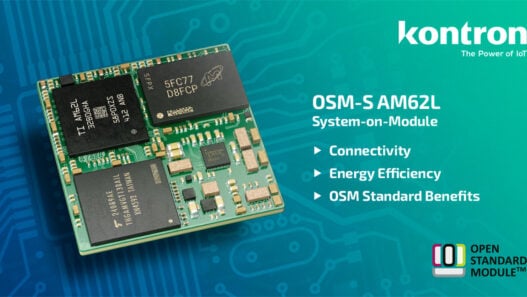Currently, the number of passenger cars is set to rise to 273 million in Europe and to 2.5 billion worldwide by 2050. As such, the levels of decarbonisation being targeted will not be achievable through improvements in the traditional internal combustion engine or alternative fuels alone. Combined with the increasing scarcity and cost of traditional energy resources, there is growing demand to develop a range of technologies that will ensure the long-term sustainability of mobility in Europe.
Of all the ways that the automotive sector is looking to reduce emissions, fuel cell electric vehicles are proving very popular as they provide the potential to decarbonise road transport and significantly reduce the environmental impacts of vehicles whilst providing practical, highly efficient zero emission electric vehicles, with comparable range and refuelling times to present day conventional cars. Fuel cells that are powered by hydrogen produce no harmful emissions. Its only by-products are water, heat, and electricity. In January, the UKH2Mobility project was launched to ensure that the UK is well positioned for the commercial roll-out of fuel cell electric vehicles, by ensuring the hydrogen refuelling infrastructure is in place to serve them.
To date, battery electric vehicles and plug-in hybrids have won recognition for providing an alternative power solution. However, hydrogen fuel cells provide one of the most promising options, offering the motorist ultra-low carbon electric motoring without requiring a significant change in consumer behaviour.. Highly efficient fuel cells use hydrogen and oxygen from the air to produce electricity to power automotive drivetrains while producing only pure water at the exhaust.
There is no doubt that hydrogen fuel cells will play a huge part in the future of the automotive sector, as one of a portfolio of cleaner, more efficient powertrains. Intelligent Energy has already built up an impressive track record of innovation and delivery in this market as demonstrated by our world’s first purpose-built fuel cell motorbike the ENV, with partner Suzuki, the production of the first fully type approved fuel cell vehicle and the introduction of Fuel Cell Electric Cabs onto London’s roads during the 2012 Olympic Games. The major automotive manufacturers have recently affirmed the coming role of the FCEV, Hyundai says it has begun production and sale of its ix35, Toyota has announced it will begin selling fuel cell cars to the consumer in 2015 and Mercedes is focused on 2017 for the sales of its fuel cell vehicles. Fuel cells will be a big part of the future of motoring and that future has already begun.







